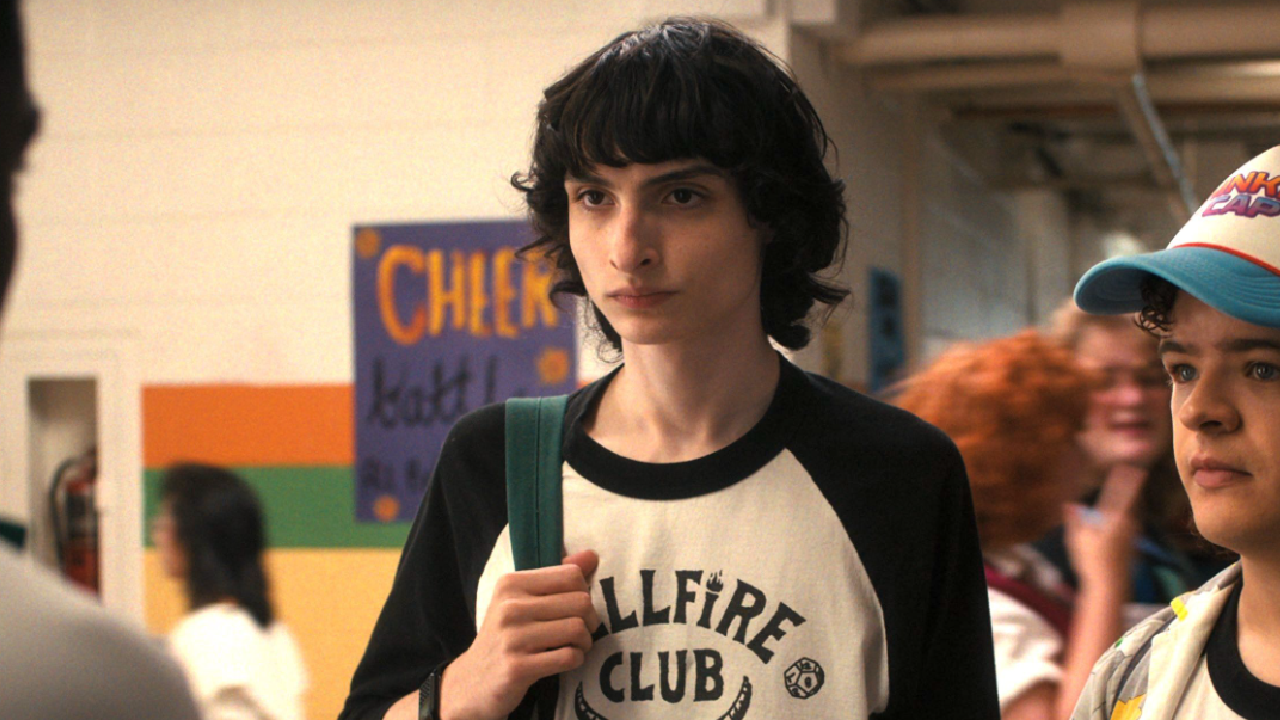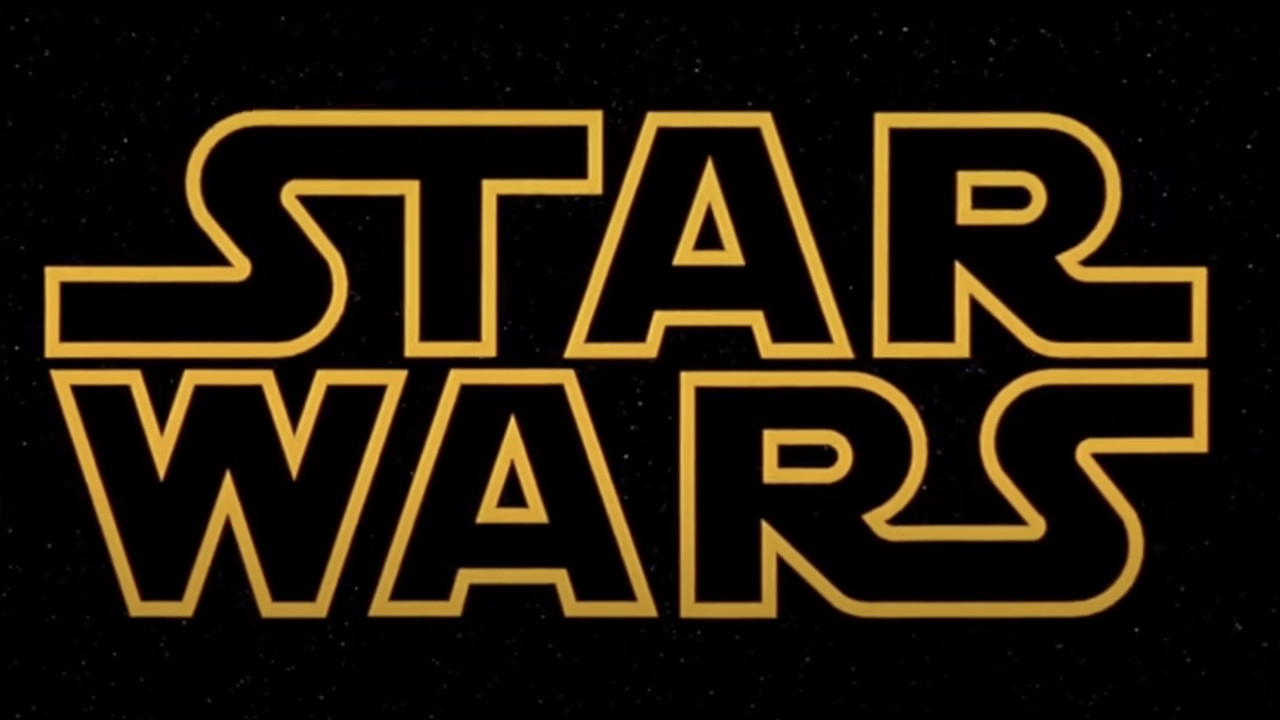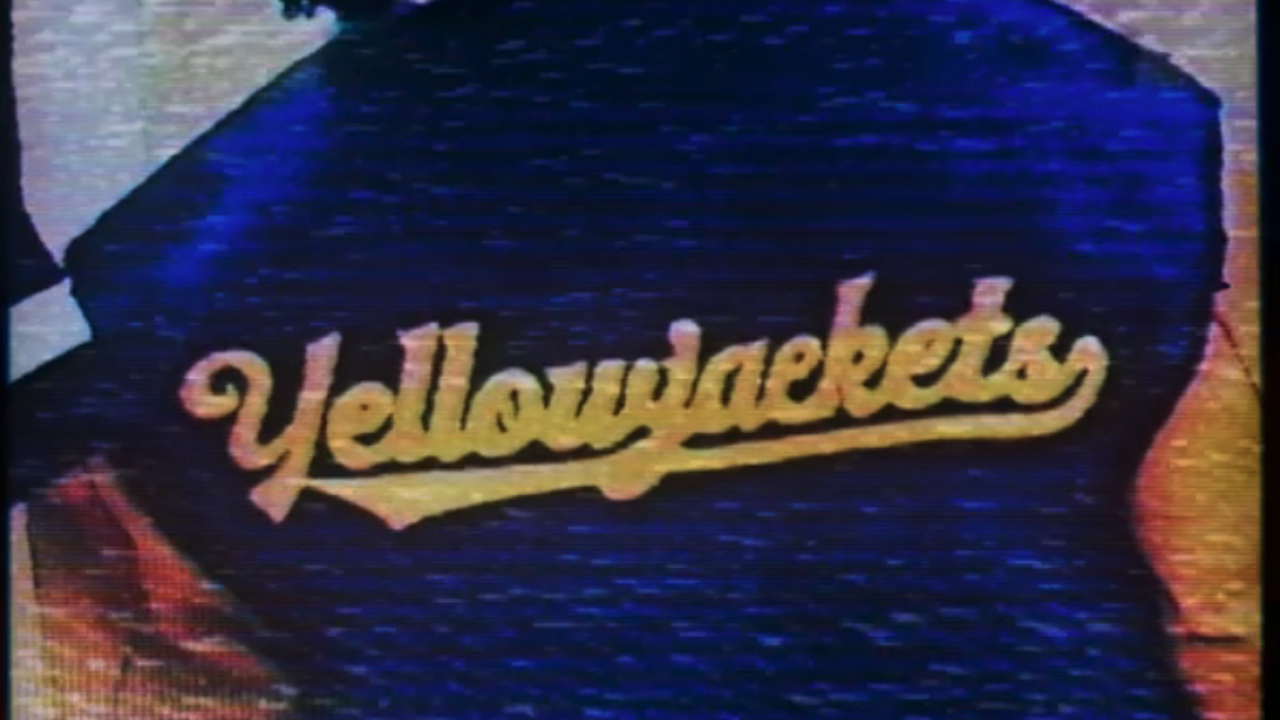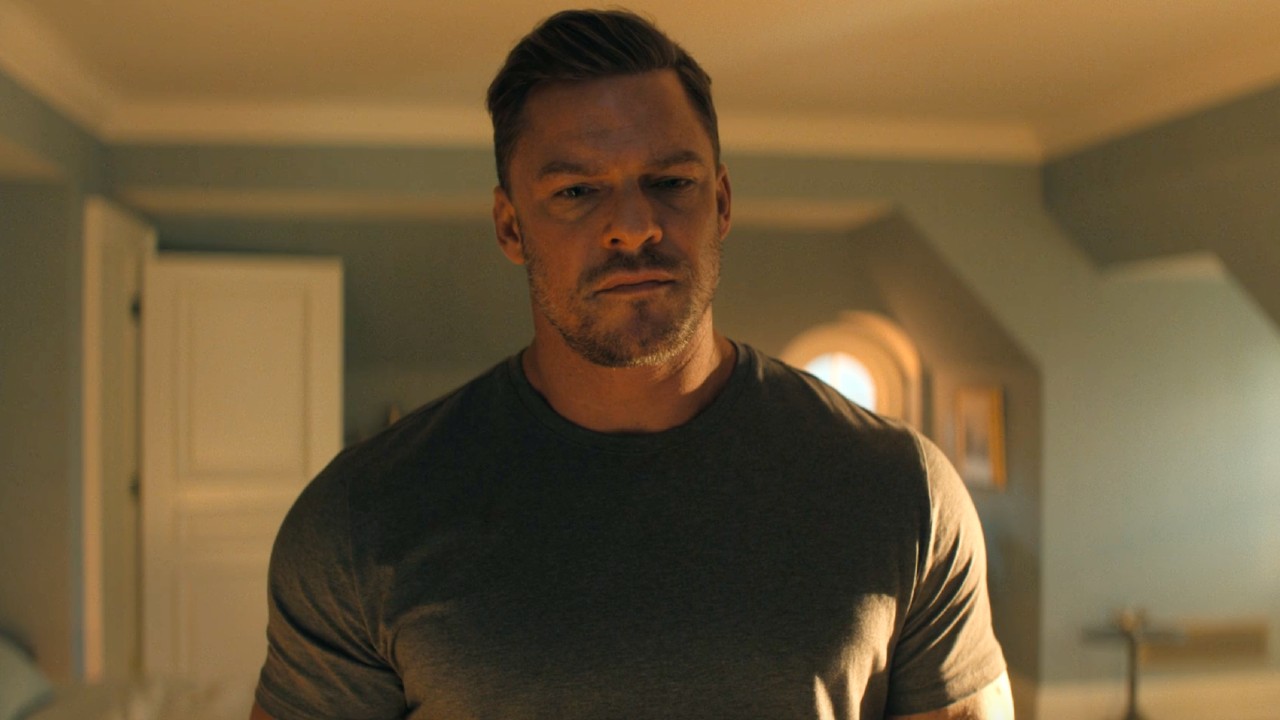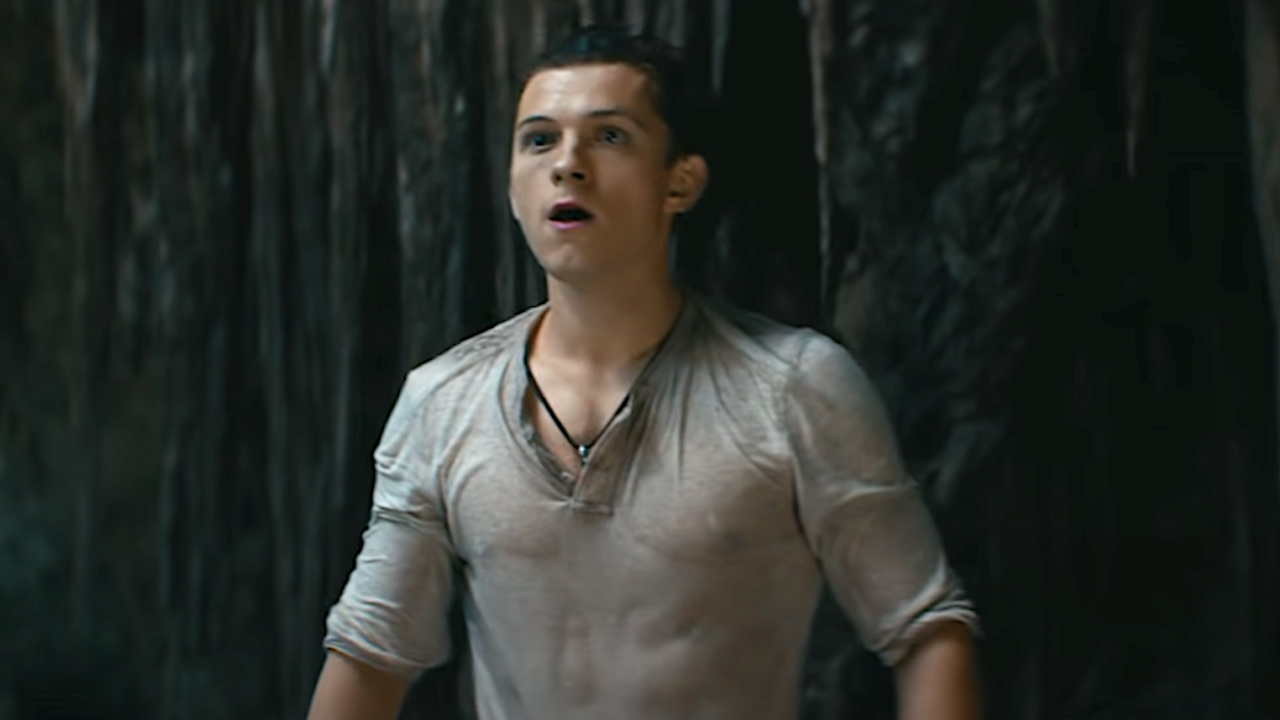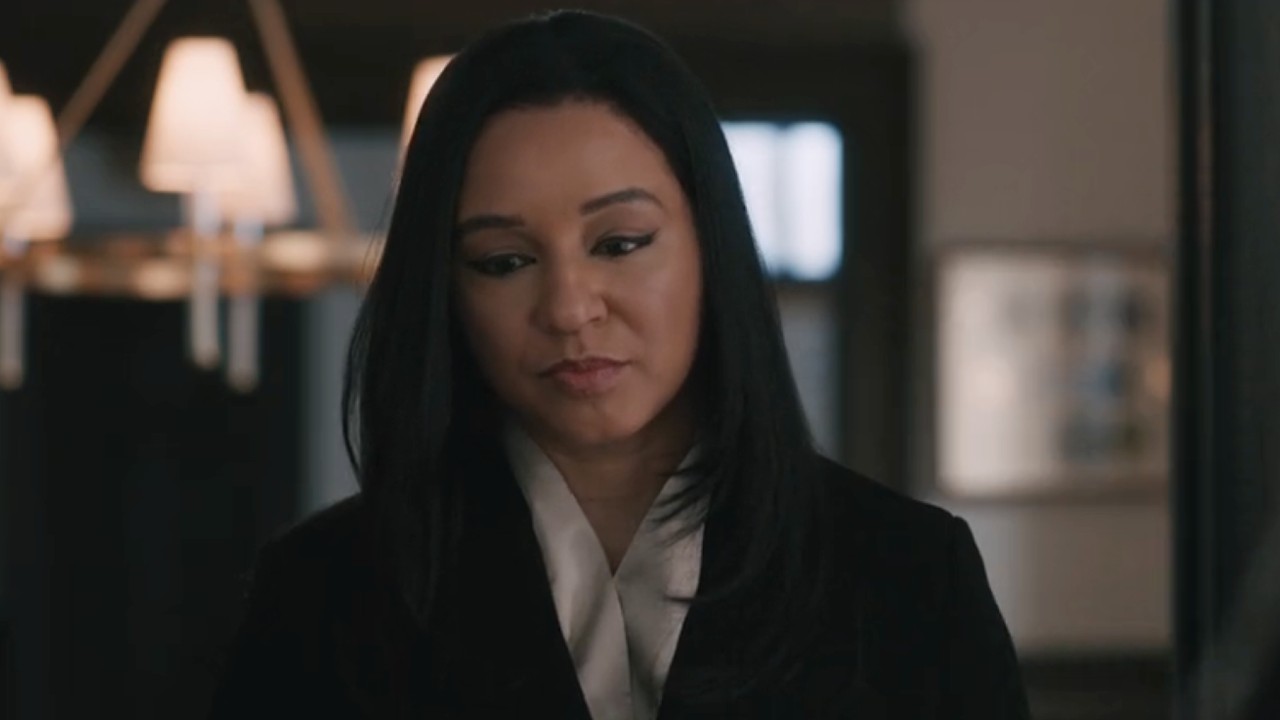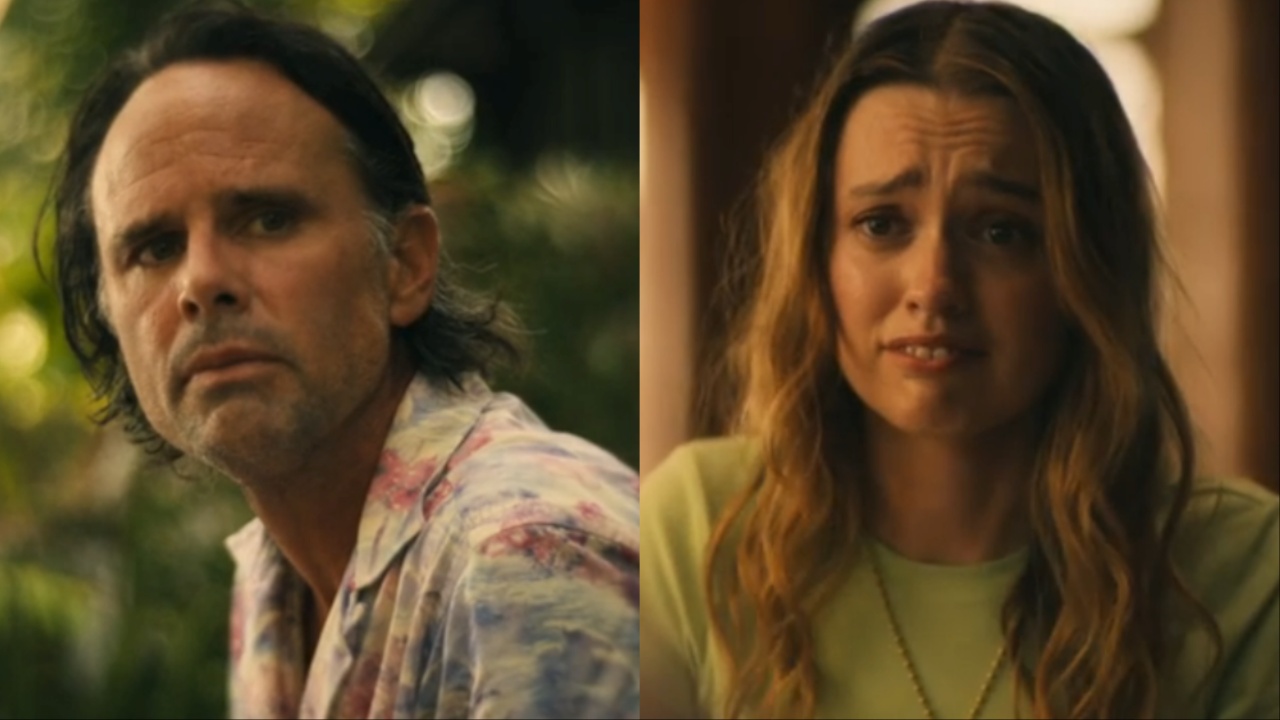Why The Cloverfield Mystery Box Marketing Actually Works

Almost a decade ago, Cloverfield took J.J. Abrams' "mystery box" approach and expanded it to the scale of a full feature film. More important, that practice of revealing the minimal amount of information needed to keep the audience interested was also used to sell the film, starting with a cryptic teaser trailer that lacked an official name for the film. Eventually, the film's true handle would be revealed, and Cloverfield would go on to rack up $170 million internationally on a meager $25 million budget.
So naturally, Paramount would eventually want to roll the dice once more on such a gamble, and 10 Cloverfield Lane took secrecy to the next level. In fact, the film wasn't even announced as a Cloverfield universe project until a mere two months before its release, after it had spent a couple years operating under the working title Valencia. With a third film that's been officially bumped to an April 20, 2018 release date, we still haven't seen anything from the film we've come to know as God Particle. And yet, this isn't anything to lose sleep over, as the team behind the Cloverfield Universe have proven that they're the masters of the short take-off with this most recent film. Here are the reasons you should trust they know what they're doing.

The Story Works Better Going In Cold
Both Cloverfield and 10 Cloverfield Lane turned out to be pot-boilers that work best with an air of mystery. They're simple, but effective, narratives that, respectively, work with adrenaline-fueled action and personal suspense. Rather than a longer, more complex narrative, the Cloverfield anthology has its films clocking in under two hours, and ratcheting suspense in more claustrophobic narratives. As such, the experiences in those narratives need a tight seal, so as not to reveal too much of the secrets to either film. So in the case of Cloverfield's unique brand of thrills, the less said about what you're going to see, the better.
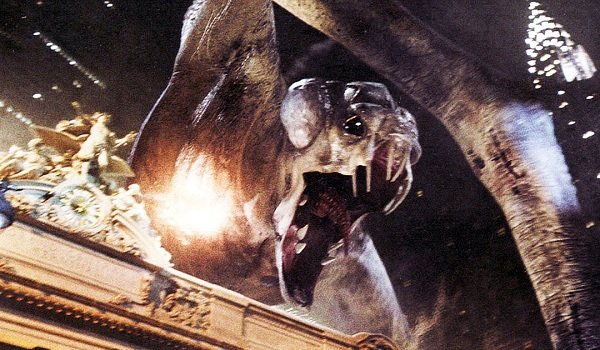
Lower Marketing Costs Maximize The Profit
Picture this: you spend $15 - $25 million on your movie, which means that your threshold for profitability is much more forgiving. Now, if you're spending this little on a film, you probably want to minimize your marketing spending as much as possible. This is exactly the model that both Cloverfield branded films followed, as instead of a huge trailer and TV ad blitz months ahead of time, both films squared themselves away with modest traditional ad campaigns, boosted by ingenious viral marketing/ARG games through the internet. With a mysterious game spanning the internet, and commercials here and there to remind us that yes, a Cloverfield movie is coming, Paramount hasn't had to spend all that much on a film that they shouldn't be overselling in the first place.
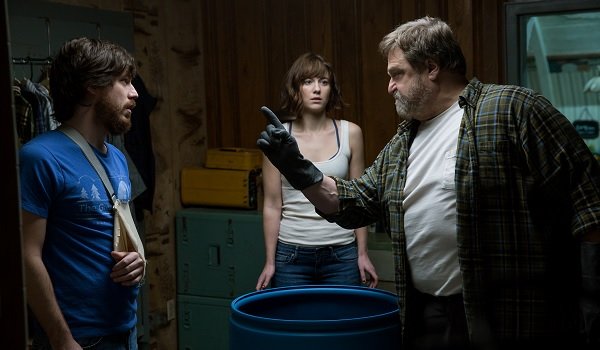
The Mystery Draws In Audiences Of All Stripes
You don't need to be a deep dish sci-fi fan to enjoy the Cloverfield films, which means that when you do decide to try and sell the general public on a new film in the series, you don't need to overload your already limited marketing muscle with images of a monster. For genre fans, this ratchets up the mystery, as they know there has to be a creature, but not being able to see it just yet makes for a hell of a surprise. This same principle works with non-genre fans, especially in the case of 10 Cloverfield Lane, where the presence of a monster was barely alluded to. Again, with a limited marketing strategy such as the "mystery box" in the works, people can go into the film expecting a tense thriller, with a nice side of surprising monster fun!

The Shorter Ad Window Limits Spoilers
Typically you'd see a film sold to the moviegoing public about a year or so ahead of time in the most extreme case. A typical teaser trailer and a couple full theatrical trailers tend to follow, with more details and set pieces revealed over time. By time you get to the actual film, all of the selling that the studio feels it has to do in order to recoup its investment has more than likely spoiled key points of something like Avengers: Infinity War, or most infamously, The Amazing Spider-Man. And yet, with an ad window that spans only a couple of months, ranging from Cloverfield's six months to 10 Cloverfield Lane's mere two months, the limited amount of information leaked out by the Abrams "mystery box" approach goes a long way. Just ask anyone who saw the international release posters from 10 Cloverfield Lane before they saw the film.
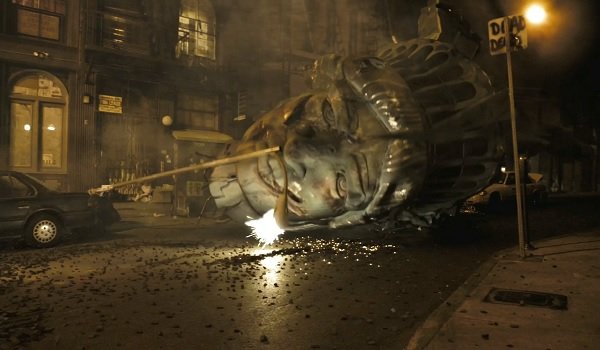
It's A Franchise That Sells Itself On Name Alone
The fact that we didn't even know that 10 Cloverfield Lane was part of the universe was a bombshell of an announcement, as that revelation was made during the film's big trailer rollout. Almost immediately, the film that had been known as Valencia or The Cellar became a greater prospect in people's eyes. Yet this was after we'd known that stars like Mary Elizabeth Winstead and John Goodman were attached, and director Dan Trachtenberg was selected to take this film to completion. The mere head of steam that was given to the film by those staffing announcements, and the simple log-line of a paranoid survivalist in a basement with a captive audience, created the perfect storm for 10 Cloverfield Lane's revelation as a part of the overall anthology to rocket to impressive box office results that more than covered all expenses involved.
CINEMABLEND NEWSLETTER
Your Daily Blend of Entertainment News
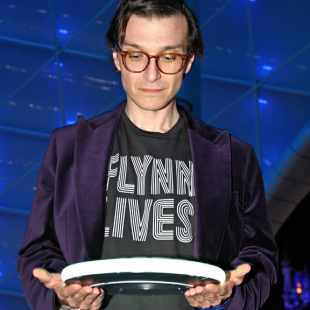
Mike Reyes is the Senior Movie Contributor at CinemaBlend, though that title’s more of a guideline really. Passionate about entertainment since grade school, the movies have always held a special place in his life, which explains his current occupation. Mike graduated from Drew University with a Bachelor’s Degree in Political Science, but swore off of running for public office a long time ago. Mike's expertise ranges from James Bond to everything Alita, making for a brilliantly eclectic resume. He fights for the user.
